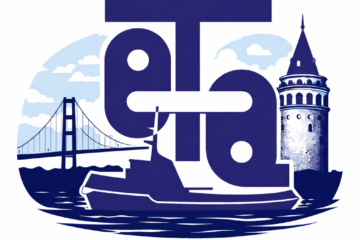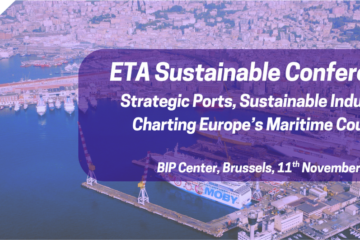IMO Marine Environment Protection Committee (MEPC) approved an amendment to support the implementation of the upcoming 0,50% sulphur limit. The amendment prohibits the carriage of non-compliant fuel oil for combustion purposes for propulsion or operation onboard – unless the ship has a scrubber fitted. This measure is expected to enter into force on 1 March 2020 under IMO’s ‘tacit acceptance’ procedure.
The amendment does not change the entry into force date of the 0.50% limit from 1 January 2020. Under IMO´s MARPOL treaty, the new 0.50% limit (reduced from 3.50% currently) on sulphur in ships’ fuel oil will be in force from 1 January 2020, under IMO’s MARPOL treaty. The MEPC also approved guidance on ship implementation planning to help ship owners to plan implement the required measures to adapt to the 0,50% sulphur limit. by the 1 January 2020 compliance date. These guidelines shall be complemented by another publication on best practice for fuel oil suppliers.
“These measures are welcome as they clarify the perspective for the maritime and oil industries. IMO guidance is essential to help these sectors and national governments to comply with MARPOL and to address the safety and technical issues that the sulphur cap will generate”, says Anna Maria Darmanin, ETA Secretary General.
Moreover, the Committee rejected a proposal to introduce an experience-building phase on the 2020 sulphur cap proposed by Bahamas, Liberia, Marshall Islands, Panama, BIMCO, INTERCARGO and INTERTANKO, and backed by the Unites States. The coalition suggested a phased implementation in order to prevent punishing ships for not complying as from January 1, 2020. MEPC decided not to accept the proposals and stood firm on the initial deadline but called for proposals on issues regarding fuel quality concerns to be submitted by May, 2019.
During the Committee meeting, the French delegation presented the results of its impact assessment on a emission control area (ECA) in the Mediterranean Sea. According to the study, such a measure would have positive effects in terms of reduced air pollutant concentrations as well as corresponding socio-economic and ecological benefits.
MEPC73 also worked on the follow-up actions to the initial IMO shipping emissions reduction strategy, agreed in April 2018. The Committee adopted an Action Plan for the development of short term measures before 2023 plus longer term measures that will eventually achieve full decarbonisation of the maritime sector.
In addition to these decisions, IMO also published a series of guides offering assistance to countries and ports seeking to develop emission reduction strategies or national policies regarding the reduction of GHG emissions. You can find them below.
IMO Ship emissions toolkit nº 1 Rapid assessment of ship emissions in the national context
IMO Ship emissions toolkit nº 2 Incorporation of MARPOL Annex VI into national law
IMO Port emissions toolkit nº 1 Assessment of port emissions
IMO Port emissions toolkit nº 2 Development of port emissions reduction strategies



0 Comments